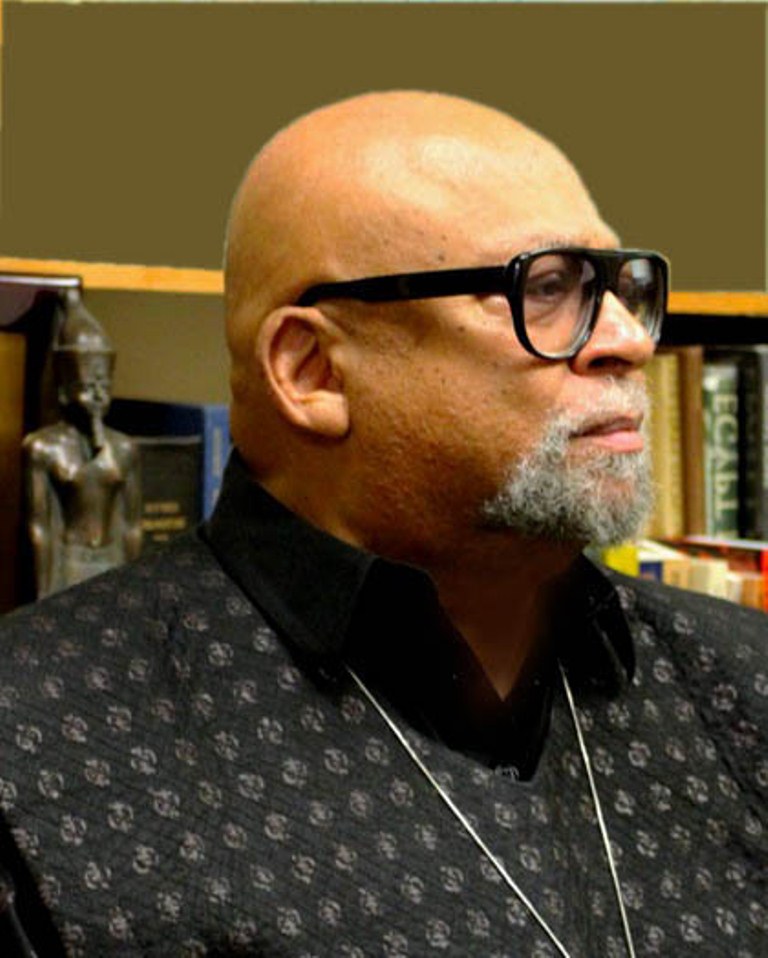
Frederick Douglass, July 4th and Us: Freedom, False Claims, Bad Faith and Unavoidable Struggle
Whether we discuss emancipation in June, independence in July, revolt and revolution in August, Kwanzaa and cultural and political liberation in December, or achievements against the odds, resilience and resistance in February, the issue, imperative and urgency of freedom and struggle are always with us. Indeed, it runs like a red line through our most ancient, awesome and humanity-revealing history.






